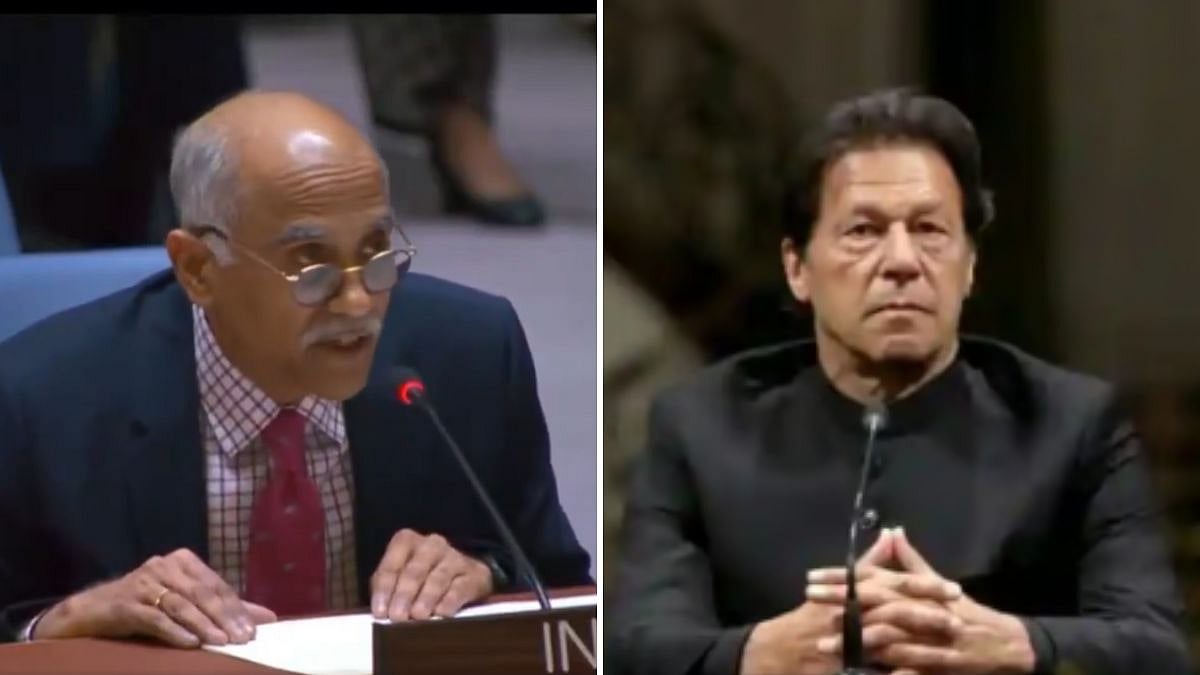The recent order of the Information and Broadcasting Ministry, ordering the Marathi news channel Lokshahi to go off air for 72 hours, once again raises the question of media freedom.
In a good and mature democracy, it is essential that the government should neither impose restrictions on the media as regards its content nor should it decide on what should be the nature of the news.
It is true that a large number of news channels do not follow the principles or ethics of journalism, but it is not for either the minister or the babus in the Information and Broadcasting Ministry to decide on what amounts to news and what does not — though it is questionable if those calling themselves journalists on news channels are competent enough to do so.
There can always be a debate on what is ethical journalism or what amounts to principles of journalism, as these norms change according to the developments in society based on social changes, but there should not be a change in the basic foundations of journalism.
The ban on Lokshahi channel has to be condemned in the strongest words possible. It was good that the Delhi High Court lifted the ban, and the channel was back on air before the end of the stipulated 72 hours mentioned in the order.
The channel was penalised for telecasting a video showing the sexual acts of former BJP MP Kirit Somaiya. Till date no woman has come forward to complain or claim that she was forced into the sexual act by Somaiya under duress, or that he forcibly had a sexual relationship with her, or did so making her believe that he would marry her. In the light of this, there could be a debate on whether the private life of a person, who is not even holding public office, should become news. Journalists belonging to the old school of thought will not take the video to be a news clip, even if Somaiya held a public office or had misused a public office for his exploits.
While journalists have to produce evidence, there is a limit to the extent to which they should show reality. In this case, even if it was a rape, there was no need to show the act of rape. Such depiction violates a person’s right to privacy, society’s morality and journalistic ethics. The telecast of such visuals would only titillate some viewers and increase the channel’s viewership.
All this notwithstanding, it is definitely not the government’s job to sit in judgment over this and ask the channel to go off-air. The ministry officials are said to have acted on a complaint by individuals who are not part of the video. One wonders how it affects them. Moreover, a channel cannot be penalized by asking it to go off air for a telecast that is over.
It is said that the face of the woman in the video has not been shown, so even if she has a complaint against Somaiya, the channel has not violated the Supreme Court guidelines on reporting of sexual offenses. Those pained by the telecast should go to the courts, not to the ministry where political interests are involved.
It is ironic that a ministry that is playing the role of moral police is silent on more serious acts by channels. The telecast of the Somaiya tape has not affected national security, nor has it created a law and order issue in any part of the country. The only complaint from some could be that they want to watch all of the purported videos of Somaiya in similar acts.
The ministry has overlooked more serious issues, like hate speeches and provocative debates fanning communal tensions in society. The failure to act against such channels must be because on the one hand, the ministry is headed by Anurag Thakur, who has made a hate speech publicly with the lines Goli Maaro XXX, and on the other, the channels in question are promoting the agenda of certain groups and parties favourable to the Union government.
Between 2016 and 2018, eight television channels were asked to go off air by the I&B Ministry, according to a reply in the Rajya Sabha by then Minister of State Colonel Rajyavardhan Singh Rathore. These channels were NTV, Satlon News, Jai Hind, Al Jazeera TV, Care World, News Time Assam, VTV, and DY 365; the reasons given include obscenity, report on a private party organised in a five-star hotel, wrong map of India, and depicting disturbing violence.
All programmes and advertisements telecast by private satellite channels have to adhere to the Programme Code and Advertising Code prescribed under the Cable Television Networks (Regulation) Act, 1995, and Cable Television Networks Rules, 1994 framed under the Act. The guidelines amount to moral policing to a great extent.
Moral policing was carried out earlier too, in the case of Doordarshan, when the ministry had directed that all women newsreaders shall wear sarees, when on screen.
The channels should have self-regulation and if the programmes violate the criminal law, action should be taken under it.
It needs to be reiterated that powers to force a channel to go off air should not vest in the executive and even when it comes to the judiciary, the latter needs to be careful and such directions should be avoided as much as possible. If at all a court order of such a nature has to come, it should be in the rarest of rare cases, failing which it would be dangerous for democracy.
The author is a senior journalist and media trainer. He tweets at @a_mokashi











